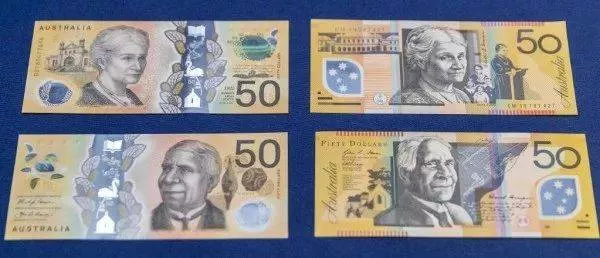Exchange rates play a crucial role in international trade, travel, and investment. The exchange rate determines how much one currency is worth compared to another currency. Therefore, keeping track of exchange rates is essential for anyone involved in foreign transactions. This article aims to analyze the current exchange rate of the Australian dollar in Nepal, its impact on the Nepalese economy, and factors that influence the exchange rate.
Current Exchange Rate:
As of May 29th, 2023, the exchange rate of the Australian dollar (AUD) against the Nepalese rupee (NPR) is 81.63 NPR per 1 AUD. This means that one AUD can buy 81.63 Nepalese rupees. It is important to note that exchange rates fluctuate constantly due to various economic factors.
Impact on the Nepalese Economy:
Australia and Nepal do not have significant trade relations. However, the exchange rate of the AUD can still affect the Nepalese economy, particularly in terms of tourism and remittances. Nepal’s tourism industry heavily relies on foreign visitors. As Australia is among the top ten countries from where tourists visit Nepal, the exchange rate can impact their decision to visit. If the AUD becomes stronger against the Nepalese rupee, it will become expensive for Australians to travel to Nepal, resulting in a decrease in tourism revenue for Nepal.
Furthermore, many Nepalese citizens work in Australia and send money back home as remittances. A stronger AUD means that they can send more money back home, which can have a positive impact on the Nepalese economy. However, if the AUD weakens, they will receive less money in Nepalese rupees, affecting their ability to support their families.
Factors Influencing the Exchange Rate:
Several factors can influence the exchange rate of the AUD in Nepal. These include:
- Interest Rates:
The interest rate in a country can significantly affect its exchange rate. Higher interest rates attract foreign investors, leading to an increase in the demand for the currency, resulting in an appreciation of the exchange rate. Conversely, lower interest rates can lead to a decrease in demand for the currency and depreciation of the exchange rate.
- Political Stability:
The political stability of a country can also influence the exchange rate. Countries with stable governments and policies are more attractive to foreign investors, leading to an increase in the demand for the currency and appreciation of the exchange rate.
- Trade Relations:
Australia and Nepal do not have significant trade relations. However, if they were to increase their trade relations, it could impact the exchange rate. An increase in exports from Nepal to Australia would lead to an increase in demand for Nepalese rupees and an appreciation of the exchange rate.
- Inflation:
High inflation rates can lead to a decrease in the value of a currency. If the inflation rate in Nepal is higher than that of Australia, the exchange rate will depreciate.
- Economic Data:
Economic data such as GDP, unemployment rates, and consumer price index (CPI) can also influence the exchange rate. Positive economic indicators can lead to an increase in demand for the currency, resulting in an appreciation of the exchange rate.
To further understand the impact of exchange rates, it is essential to consider their history. In recent years, the exchange rate of the AUD against the NPR has been relatively stable. In May 2019, one AUD was equivalent to around 78 NPR, while in May 2021, it was around 82 NPR. This stability can be attributed to several factors, including Nepal’s pegging of its currency to the Indian rupee and Australia’s stable economy.
Conclusion:
In conclusion, the exchange rate of the Australian dollar in Nepal is currently 81.63 NPR per 1 AUD. While Australia and Nepal do not have significant trade relations, the exchange rate can still impact Nepal’s tourism industry and remittance inflows. Several factors, including interest rates, political stability, trade relations, inflation, and economic data, can influence the exchange rate. Staying aware of these factors can help individuals and businesses make informed decisions when involved in foreign transactions.
Related Topics:


























